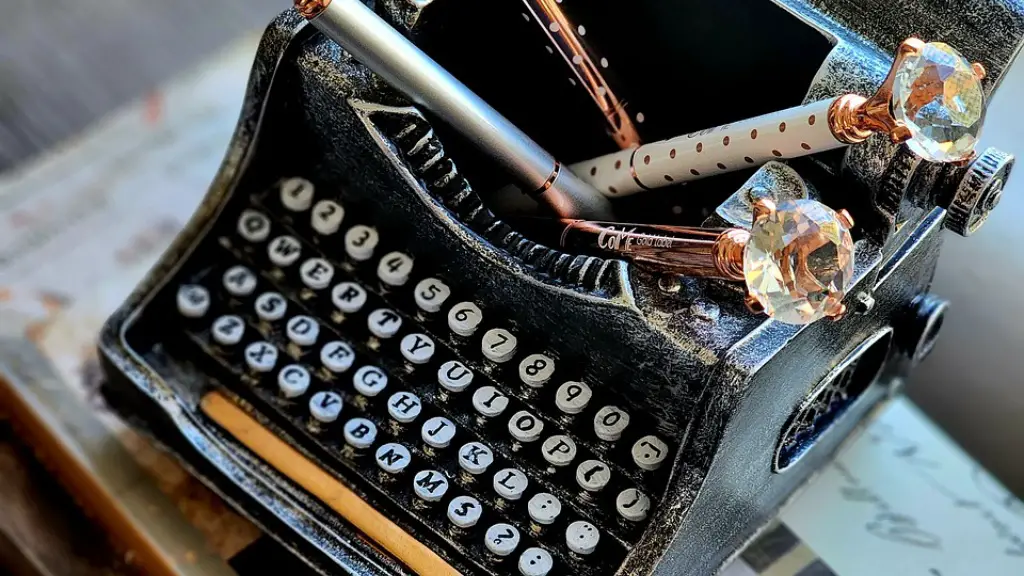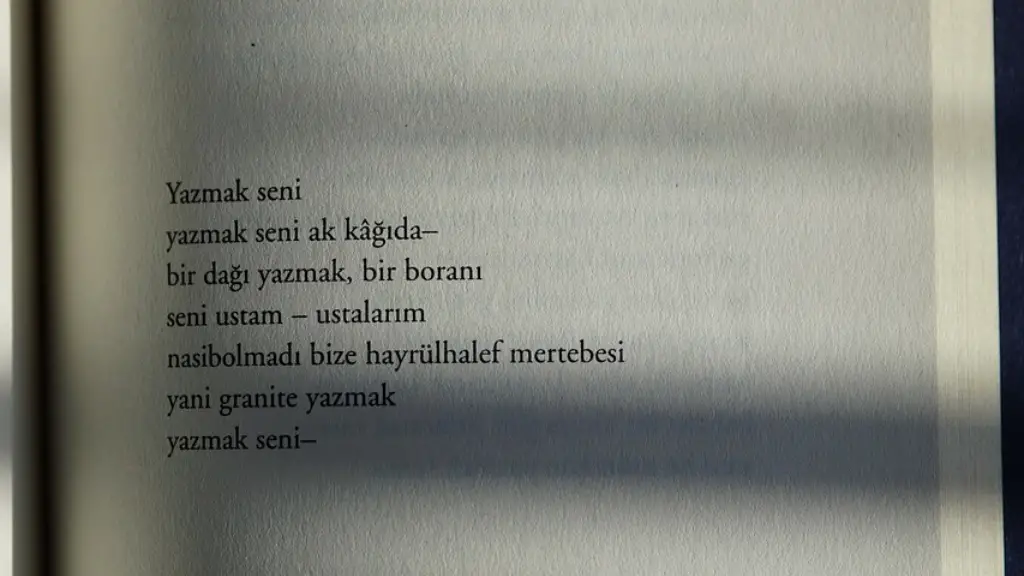Introduction to Allegory in Poetry
An allegory in poetry is a literary device used to convey a hidden message in a story or poem. The poem may be a metaphor for teaching a moral lesson, or expressing a complicated thought in a simple way. Allegories in poetry can be used to help draw the reader into the story, by providing a moral message, an explanation of events, or an exploration of the poet’s feelings and thoughts.
History of Allegory in Poetry
The origin of the allegorical poem dates back to the ancient Greeks. It was originally used as a form of entertainment in which stories were used to deliver a moral lesson or explore philosophical subjects. Allegorical poetry was a popular form of literature during the Renaissance, when poets and authors explored the nature of the world and reality in their stories. Plato is one of the most renowned authors who wrote allegorical poetry in Ancient Greece. In the modern era, allegorical poetry is still a popular form of literature, and is often used to explore themes such as love, war, and life.
Defining Allegory in Poetry
An allegory in poetry is a figure of speech where a story or poem is used to convey a message or theme. The narrative is often used to teach a moral lesson, or express a complicated thought in a simple way. Allegories in poetry rely heavily on symbolism and metaphors in order to tell the story and convey its hidden message. Allegorical poems can also be used to explore the poet’s feelings and thoughts.
Examples of Allegory in Poetry
One of the most famous examples of allegory in poetry is John Milton’s Paradise Lost. This epic poem tells the story of the Fall of Man and is packed with symbolism and metaphors. Another famous example of allegory in poetry is Robert Frost’s The Road Not Taken. This poem is a metaphor for individual choice and freedom. Alfred Lord Tennyson’s Ulysses is also a famous example of an allegorical poem, which uses the story of Ulysses to explore themes of duty and personal struggle.
Principles of Allegory in Poetry
Allegorical poems rely heavily on metaphors, symbols, and allusions in order to give away the hidden message the poet is trying to convey. The story should have a moral lesson that the reader can take away. The characters in the poem should be abstract, in order to allow the reader to interpret the story in a personal way. Authors of allegorical poetry often use advanced literary techniques, such as personification, paradoxes, and oxymorons, to make the poem more interesting and to further convey the hidden message.
Uses of Allegory in Poetry
Allegorical poetry can be used to explore a variety of themes and topics, such as love, death, morality, religion, and freedom. It can also be used to explore the unknown and the mysterious, such as the nature of reality or the afterlife. It can also be used to explore universal themes, such as fate and destiny. Authors writing allegorical poetry also often use the narrative to discuss controversial topics, such as war and politics.
Analysis of Allegory
Allegorical poetry is a popular form of literature that has been used for centuries to explore a variety of themes and topics. The narrative can be used to convey a hidden message, the explore the hidden thoughts and feelings of the poet, and to teach a moral lesson. Authors writing allegorical poetry often rely heavily on metaphors, symbols, and allusions in order to give away the hidden message. It can also be used to explore controversial topics, or to discuss universal themes, such as fate and destiny.
Meaning of Allegory
Allegory in poetry is a literary device used to express ideas, opinions, and emotions in a story or poem. It is often used to explore controversial topics or express complex ideas in a simple way. The allegory relies heavily on symbolism and metaphors, in order to express the hidden meaning behind the narrative. Allegories in poetry are often used to teach a moral lesson, or to explore themes such as love, death, morality, and freedom.
Role of Symbolism in Allegory
Symbolism plays a key role in allegorical poetry, as it helps to bring out the hidden message that the poet is trying to convey. Symbols can be abstract or concrete, and can be used to represent abstract concepts, such as love, death, morality, and freedom. Authors writing allegorical poetry often use complex symbols, such as paradoxes and oxymorons, to further convey the hidden message. Syrmolic devices can be used to explore the unknown and the mysterious.
Purpose of Allegory
The purpose of an allegorical poem is to convey a hidden message or morality lesson in a story or poem. It is also often used to explore the nature of certain themes and topics, such as love, death, morality, and freedom. An allegorical poem can also be used to explore the poet’s feelings and thoughts. The goal of the poem is to make the reader think and to leave them with a moral lesson or expression of the poet’s thoughts.
Impact of Allegory on Readers
Allegorical poems can be used to explore various topics and themes. They can also be used to make the reader think, and to leave them with a message or lesson. Allegorical poems often make use of symbolism and metaphors, in order to convey the hidden message of the poem. The use of symbolism and metaphors can help to draw the reader into the story and make them think about the author’s message. Allegorical poems can help to educate and enlighten the reader, and can be used to explore the unknown and mysterious.


